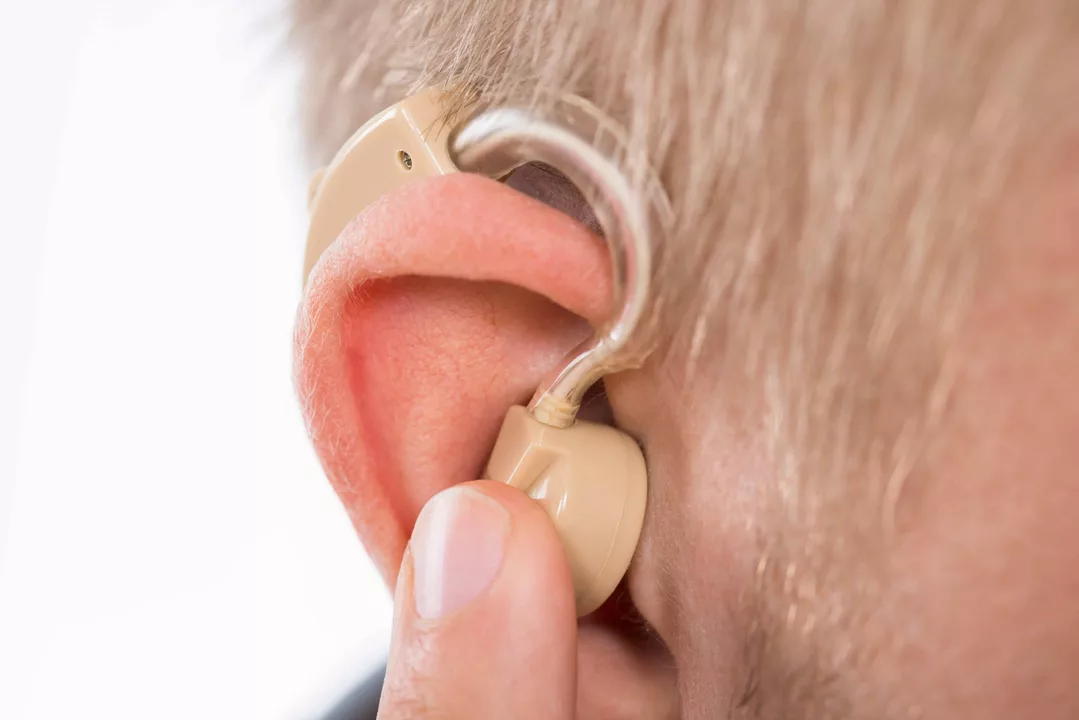Ototoxic Medications: What They Are and How to Protect Your Hearing
If a drug makes you hear worse, it’s called ototoxic. Not every pill does this, but some common prescriptions can damage the inner ear and cause ringing, muffled sounds, or even permanent loss. Knowing which medicines have this risk lets you catch problems early and talk to your doctor before it gets serious.
Common Drugs That Can Damage Your Ears
Aminoglycoside antibiotics such as gentamicin and streptomycin are powerful against tough infections, but they can also poison the tiny hair cells in your ear. Loop diuretics like furosemide (Lasix) are used for fluid buildup; high doses may affect hearing, especially when combined with other ototoxic meds.
Chemotherapy agents—think cisplatin and carboplatin—are life‑saving for many cancers, yet they’re notorious for causing ringing (tinnitus) or loss of high‑frequency sounds. Even over‑the‑counter choices matter: large amounts of NSAIDs such as ibuprofen or aspirin can be risky if you already have ear issues.
Practical Steps to Keep Your Hearing Safe
First, always tell your doctor about any ringing, dizziness, or hearing changes right away. Early detection lets the prescriber adjust dose, switch drugs, or add protective measures like regular audiograms.
If you need an aminoglycoside, ask whether a shorter course or a less ototoxic alternative exists. For diuretics, keep blood‑pressure checks on schedule and avoid taking extra doses without guidance.
Stay hydrated—dehydration can worsen drug toxicity in the ear. Pairing potentially harmful meds with plenty of water helps your body clear them faster.
Protect your ears from loud environments while you’re on risky medication. Use earplugs at concerts or when operating noisy tools, and keep volume low on headphones. Less noise means less stress on hair cells already under attack.
If you’re on chemotherapy, ask about hearing‑protective supplements that some clinics recommend, such as magnesium or antioxidants. While not a guarantee, they may reduce damage for certain patients.
Finally, schedule a baseline hearing test before starting any known ototoxic drug and follow up regularly. Tracking changes makes it clear whether the medication is affecting you, and provides solid evidence for your doctor to act on.
Bottom line: ototoxic medications can be unavoidable, but you have control over how much they hurt your ears. Keep an eye (and ear) on symptoms, stay in touch with your healthcare team, and use simple habits like hydration and noise protection to give your hearing the best chance of staying healthy.

The Link between Ototoxic Medications and Hearing Loss
Caspian Mortensen Apr, 29 2023 15As a blogger, I recently came across a fascinating topic - the link between ototoxic medications and hearing loss. Ototoxic medications are drugs that can potentially damage our ears, leading to temporary or permanent hearing loss. I was surprised to learn that many commonly prescribed medications, such as certain antibiotics and pain relievers, can be ototoxic. It's essential for us to be aware of the potential side effects of these medications and discuss any concerns with our healthcare providers. By staying informed, we can make better choices for our health and protect our precious hearing.
More Detail